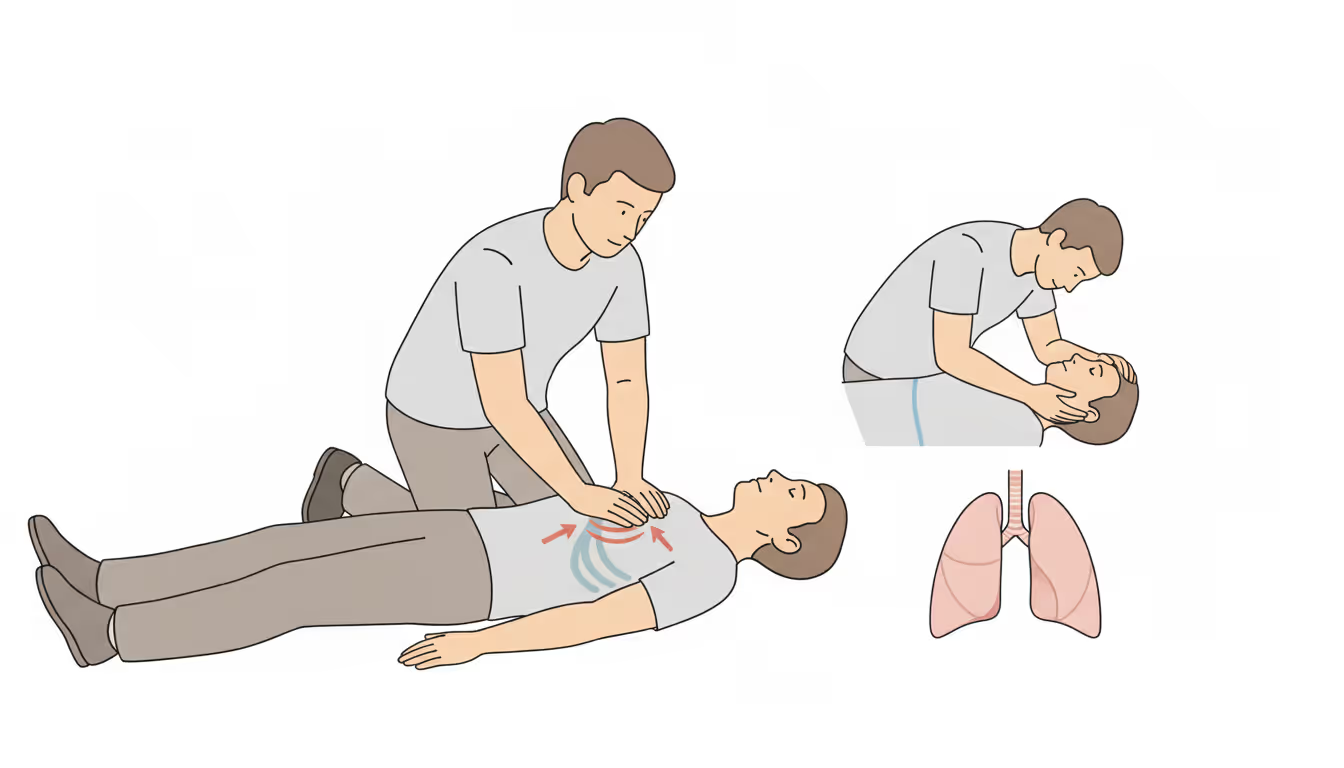
Sleep paralysis is a distressing experience where an individual suddenly becomes unable to move for a few minutes, typically when falling asleep or waking up. This phenomenon is caused by an irregular transition between sleep and wakefulness stages. Symptoms may include hearing noises, smelling unusual scents, feeling as if levitating, experiencing paralysis, intense fear, and seeing terrifying figures. Although once thought to be rare, it is now believed that up to 50% of people encounter sleep paralysis at some point in their lives. Despite its frightening nature, it is not considered a serious medical condition.This condition occurs as a person enters or exits REM (rapid eye movement) sleep, which is the deepest sleep stage. During REM sleep, the body is mostly disconnected from the brain, resulting in a temporary paralysis. Sleep paralysis happens when this disconnection between the mind and body occurs too soon or lingers too long as one transitions in or out of REM sleep.Factors such as jet lag, lack of sleep, or changes in sleep patterns can disrupt normal REM cycles and lead to sleep paralysis. It affects both genders equally and can occur at any age, although it is most prevalent among teenagers. In medical terms, sleep paralysis is sometimes referred to as waking paralysis, predormital (before-sleep) paralysis, postdormital (after-sleep) paralysis, or REM sleep atonia.




